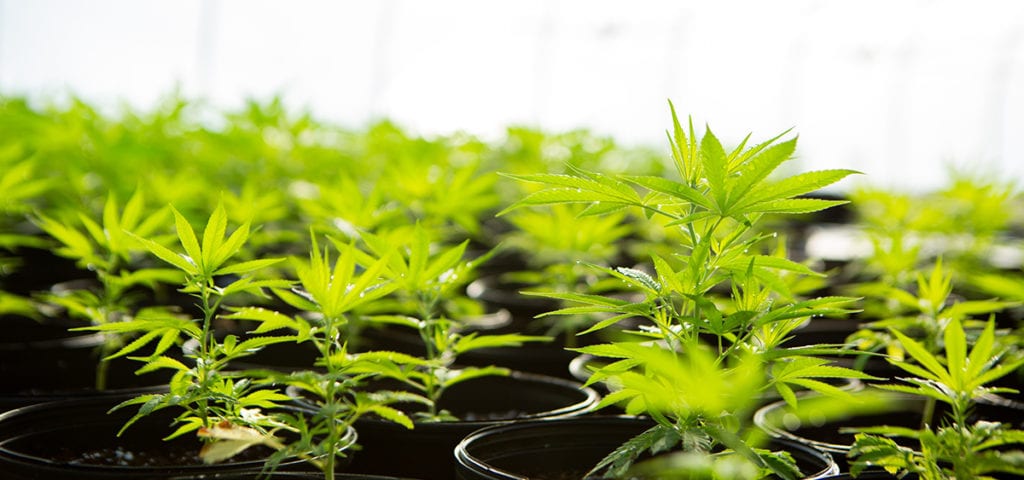It’s one thing to plant some seeds and grow some hemp — but how do you take that very basic business model and scale for a successful future? Check out the following guide for tips on finding success in this new and exciting industry.
How to Scale a Hemp CBD Business

Full story continued below.
Advertisement
Starting a business is difficult enough in an industry that is long-established, but it’s entirely different when it comes to an industry that’s in its infancy like CBD hemp. When my partner and I started our business, we had no real examples to follow, no roadmap to show us how to scale, and no forewarning of the challenges to expect and how to overcome them. We had to hold our breath, blaze our own trail, and take our own risks in unchartered territory. We made a lot of mistakes and did a lot of things right that would have helped to know from others in advance as a blueprint on how to scale a hemp CBD business. This is our journey and advice that I hope will help others who find themselves where we were a few years ago.
Be Flexible
When we started, our intention was to be a hemp farm selling hemp. That was when hemp in the U.S. was in its infancy and there wasn’t a direct market for it. Unfortunately, we found ourselves with a surplus of hemp and nowhere to sell it. Instead, we were finding a lot of companies that wanted their own line of CBD products.
Because I previously worked in the cannabis dispensary business, I was able to take what I had learned there to team with a lab in order to extract the hemp to a CBD oil that we could white label and sell to other companies. Demand grew and so did our revenue. White labeling was never our intention, but because we have stayed flexible since the beginning, we were able to jump on the opportunity and have never looked back.
Be Your Own Bank
While the hemp industry is becoming more accepted, most banks or credit card processing companies won’t work with hemp businesses because they don’t understand hemp is not marijuana and is not illegal. When we started, we each invested our own funds, had no investors or bank financing, and reinvested profits from the company to sustain growth. This is why it’s important: some competitors took on debt and investors they had to answer to and as a result became less flexible. We’ve remained independent and can make decisions immediately, which enables us to take risks and with risks come great rewards. In fact, we recently received a substantial order for feminized seed product and had to make an immediate decision to expand our greenhouse to accommodate the contract. If we had a board of directors, a decision like that would take time, which could jeopardize the company’s ability to take on big contracts. Scaling is all about being nimble.
Focus on Your Strengths
If you have a great idea and you’re doing the right things, you should be able to scale by reinvesting your profits. Create an initial investment into one thing you know is going to start generating income and profit and then pick something strategic into which you’ll reinvest the company’s cash flow. If you’re doing the right things, the company is going to grow.
Be Prepared
Have a business plan, but as in the white labeling example, be willing to change it because the industry is always changing and you have to be ready to change with it. Have a backup plan because things do go wrong. We’ve had at least one unexpected challenge each year and have had to think fast in order to overcome and continue growing, from storms that nearly wrecked our crop, to shipping and transportation issues, credit card processing issues, and learning the difficulty of finding good staff.
You’re Never Finished
The most important advice I can offer is to never settle. Human tendency is to set a goal and think you’re going to be finished when you hit that goal. To be successful in the hemp CBD industry, it’s crucial to understand that you’re never finished and are always going to add new equipment, entering into new partnerships with vendors, creating new products and expanding your farm. You’re never going to be done and will always be in a place of growth and reinvestment. If you’re not, then in many ways your business is dead.
Get daily news insights in your inbox. Subscribe
End